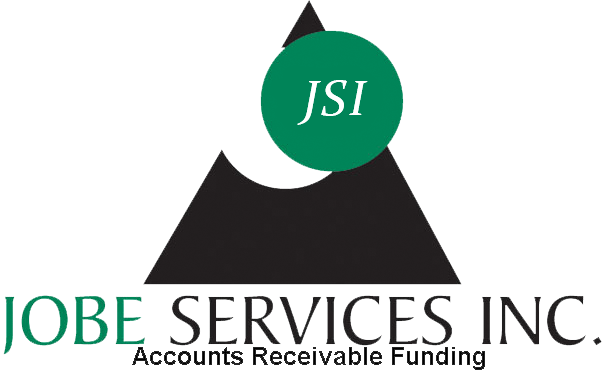
Factoring is a financing option that helps businesses to access cash quickly by selling their accounts receivable to a third-party financial institution, known as a factor. Factoring is a popular option for small businesses that need cash to finance their operations and growth. However, many business owners are concerned about the tax implications of factoring and how it affects their financial statements.
JOBE Services, Inc. in Humble, TX, is a long-standing factoring company that helps Texas companies with cash flow needs. Our specialists explain some of the tax implications of using factoring in your business.
Factoring Types and Taxes
The tax implications of factoring depend on the type of factoring arrangement you have. There are two types of factoring:
- Recourse
- Non-recourse
Let’s take a closer look at both.
Recourse Factoring
In a recourse factoring arrangement, the business owner retains the risk of non-payment by the customer. If the customer fails to pay the invoice, the factor can demand payment from the business owner. In this case, the business owner can claim a bad debt deduction on their tax return. A bad debt deduction is a deduction for the amount of the invoice that was not paid by the customer.
For example, if your business factored an invoice for $10,000, and the customer failed to pay the invoice, you can claim a bad debt deduction of $10,000 on your tax return. The bad debt deduction reduces your taxable income, which reduces your tax liability.
Non-Recourse Factoring
In a non-recourse factoring arrangement, the factor takes on the risk of non-payment by the customer. If the customer fails to pay the invoice, the factor absorbs the loss. In this case, the business owner cannot claim a bad debt deduction on their tax return.
Tax Treatment of Factoring Fees
Factoring fees are the fees charged by the factor for purchasing your accounts receivable. Factoring fees are tax-deductible expenses that reduce your taxable income. Factoring fees are treated as a business expense and are deducted from your gross income to arrive at your net income.
For example, if your business factored an invoice for $10,000, and the factor charged a fee of $1,000, your gross income would be $10,000, and your net income would be $9,000. The $1,000 factoring fee is treated as a business expense and is deducted from your gross income.
Houston Factoring Company
Factoring is a popular financing option for small businesses that need cash quickly. The tax implications of factoring depend on the type of factoring arrangement you have with your factor. JOBE Services, Inc. offers different factoring options to meet your needs. Contact us with your questions or concerns about factoring to improve cash flow for your business. You should also consult with a trusted tax professional with your questions about factoring and any tax implications.
Posted on behalf of
19747 Hwy 59N, Ste 425
Humble, TX 77338
Phone: 281-540-7601
FAX: 281-540-7614
Email: customerservice@jsifactoring.com
Monday - Friday 8:30AM - 4:30PM

